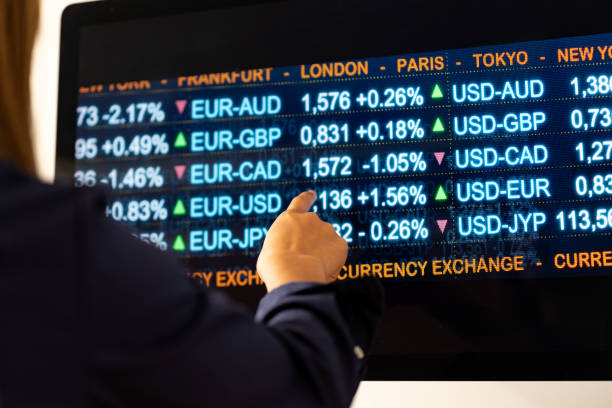What does the stock index futures settlement price mean?
Stock index futures are derivative contracts that obligate the parties to buy or sell an index value at a predetermined price and date in the future. Stock index futures can be used to speculate on the future direction of the market, or to hedge the risk of adverse price movements of a portfolio.
The stock index futures settlement price is the price that is used to determine the value of the open futures contracts, or to settle the contracts upon expiration. The stock index futures settlement price is obtained on the settlement date, which is the last trading day of the contract.
The stock index futures settlement price may differ from the closing price of the contract, which is the last traded price of the contract on the settlement date. The stock index futures settlement price is usually calculated based on a specific method that is defined by the futures exchange, and that reflects the fair value of the index.
For example, according to the Chicago Board Options Exchange (CBOE), the settlement price of the lead month contract for S&P 500 and NASDAQ 100 futures is the midpoint of the closing range determined based on pit trading activity between 15:14:30-15:15:00 Central Time (CT). The closing range is the highest and lowest prices of the contract during that time interval. The settlement price of the other contract months is the last traded price of the contract on the settlement date.
The stock index futures settlement price is important for futures traders, as it affects their profit or loss, margin requirements, and tax implications. The stock index futures settlement price is also used as a reference price for other derivatives, such as options and swaps, that are based on the same index.
How do futures traders review their trading?
Futures trading is a form of financial speculation that involves buying and selling contracts that represent the future delivery of an asset, such as a commodity, a currency, an index, or a stock. Futures traders aim to profit from the price movements of the underlying asset, without actually owning
Futures night trading hours
Futures are contracts that obligate the buyer or seller to exchange an asset or commodity at a specified future date and price. They are used for hedging, speculation, and arbitrage purposes in the global market. Futures can be based on various underlying assets, such as currencies, commodities, ind
How can futures efficiently increase the success rate of intraday trading?
Intraday trading is a form of trading that involves buying and selling securities within the same trading day, without holding any positions overnight. Intraday traders aim to profit from the short-term price fluctuations of the market, using various tools and strategies to analyze and execute trade
What are the factors that can affect how much money can be made in futures?
Futures trading is a form of financial speculation that involves buying and selling contracts that represent the future delivery of an asset, such as a commodity, a currency, an index, or a stock. Futures traders aim to profit from the price movements of the underlying asset, without actually owning








